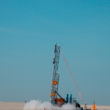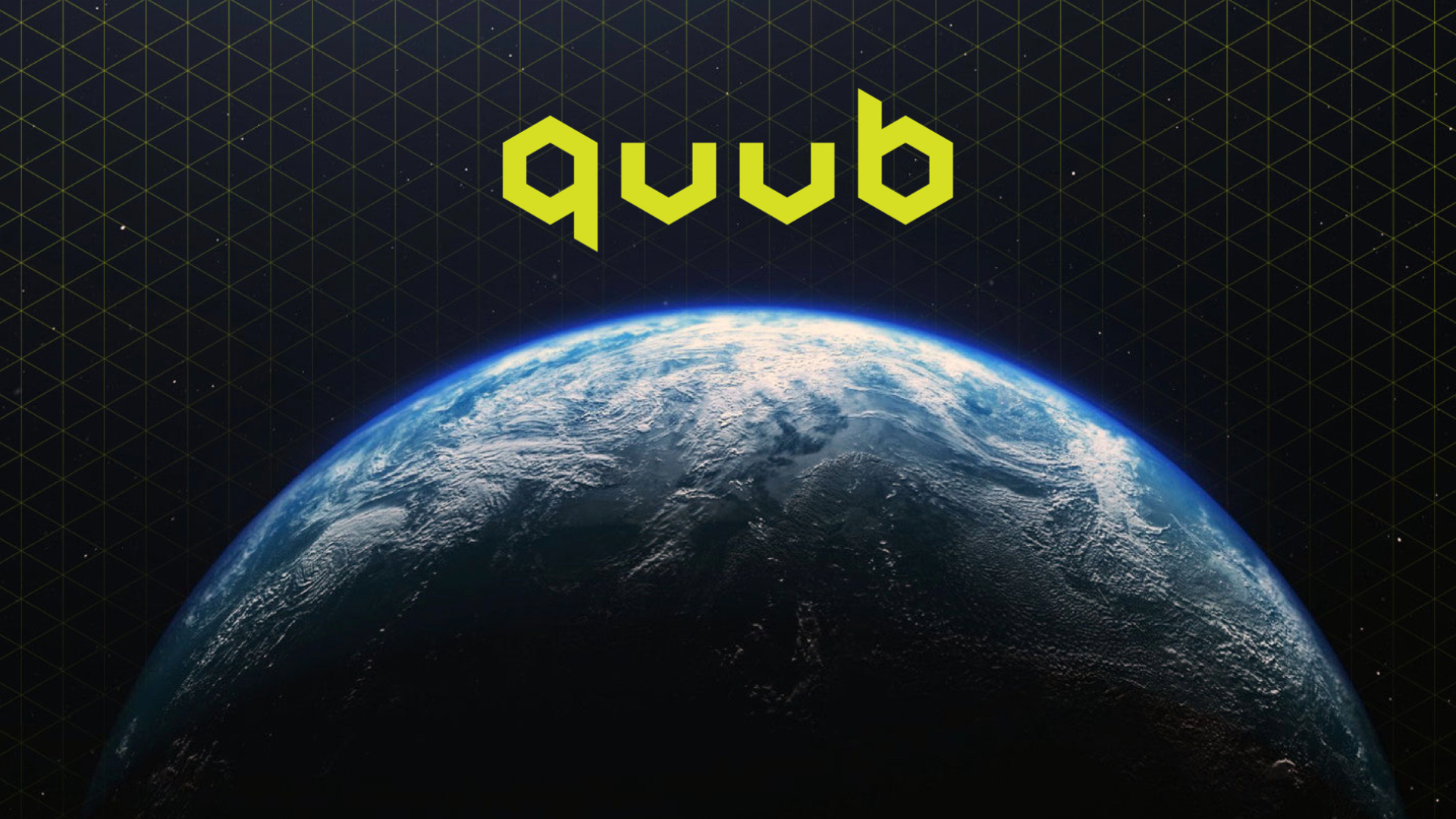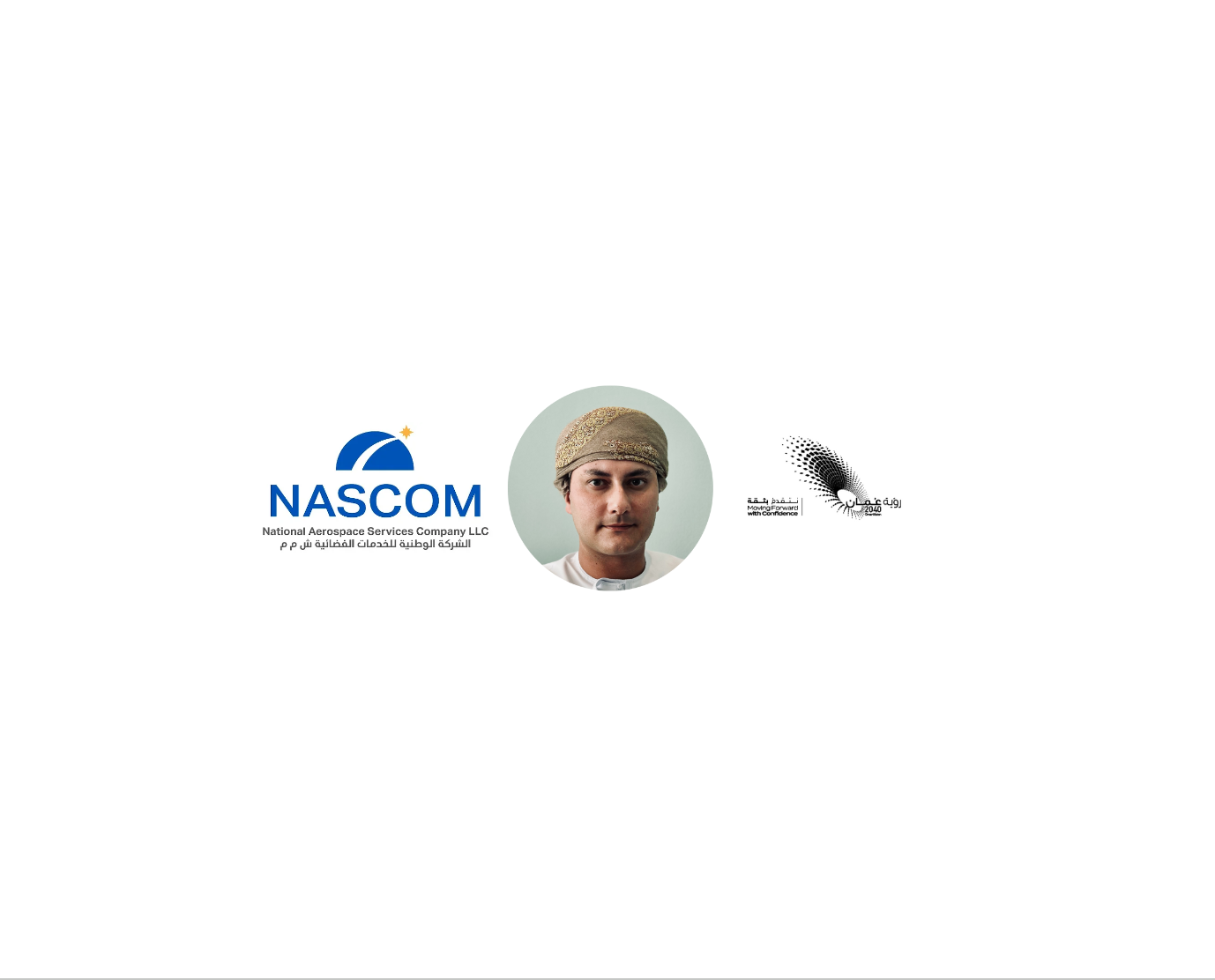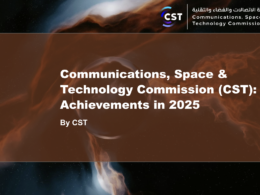
In this interview, we sit down with Joe Latrell, the CEO of Quub.space, a pioneering data company that leverages satellite technology to collect and transform data into valuable information for its customers. Quub’s unique approach to Earth observation and its commitment to accessibility have positioned the company as a disruptive force in the industry. Joe shares insights into Quub’s services, the company’s journey from inception to the present, and its plans for the future. He also offers valuable advice to peers looking to enter the market and become potential partners. Join us as we delve into the exciting world of space technology and data-driven solutions with Joe Latrell, the visionary behind Quub.space.
Can you give us an overview of Quub and the services it provides to its customers?
Quub is a data/information company. Our objective is to collect data from orbit about changes on the planet’s surface, like water contamination, coastal erosion, crop health, and more. We then transform that data into information for our customers. That information may take the form of a text message, email, or other alert to changes that impact their operations. When complete, our constellation of satellites will provide relatively inexpensive results to our customers. Think of it as Starlink for Earth observation. Up to date information delivered quickly to those who need to know.
What inspired you to start Quub, and how has the company evolved since its inception?
I started Quub when I saw the potential for one of my passions (space) to help the world in a way that I had not seen before. I have always been an avid space enthusiast since I was a child. Model rocketry and then high-powered rocketry led me to volunteer with Teachers in Space designing their educational hardware. This led to me building satellites. My day job at the time was in water quality. Seeing the state of infrastructure conditions, there just had to be a better way to monitor the effects of spills and sewage releases. That was the ‘aha’ moment. I’ve been working on satellites ever since.
How does Quub differentiate itself from competitors in the market, and what unique value do you offer to your customers?
Quub looks at data differently. Instead of bringing down images, we process them on the satellites using an edge computing process. This system looks for changes and compares those changes to the models stored on board. If there is a fit, a confidence level is established which is transmitted back to Earth along with the details for further review. This can put the data directly in the hands of those who need it most such as forestry services, water managers, pipeline operators, etc. We still sell imagery, but it is not the most important data we gather.
Looking at the forestry service sector, how much more effective could you be if you knew where and how big a fire was before sending crews out to fight it? With our constellation in place, it would be a game changer. And this is only one aspect of the technology we are using.
What are some of the major challenges and opportunities that Quub faces as a company, both in the short term and long term?
The biggest challenge Quub has faced has been securing funding. When you change the methodology of doing things, it has a sense of unbelievability. Until it is done, how do you know it will work? Explaining this type of system to investors has been a struggle. We think we have that solved now. In the long term, scaling production will be the next challenge. But we have the right people in place to make that happen. We are just looking for the facility.
At every step Quub has had what it needed to take the company just a little farther. We take things slow and steady, building out what we need and buying the rest. How we build our satellites is unique and it gives a flexibility to adjust to new technologies without having to redesign. It reduces costs and in turn reduces customer costs. Companies and other groups will have access to space-based data that wasn’t possible before. That is where I see the real opportunities – outside the traditional satellite imagery segments.
How do you see the future of the industry that Quub operates in, and how is your company positioned to thrive in this rapidly evolving landscape?
Earth Observation (EO) is changing. More people are realizing the benefits of data from space. Cost and access are the major factors keeping many out of the market. There are companies that have a lot of overhead and that usually results in a more expensive product, which is exactly the opposite of what the market needs right now. We see ourselves as a disruptor in the field. We asked who would use a space service such as ours if the costs and accessibility were better? Our satellites are as capable as a billion-dollar satellite from 30 years ago – but at a very small fraction of the cost. Quub keeps its overhead low and our manufacturing lean. We can pivot very quickly to serve the needs of our customers.
What is your vision for the future of Quub, and how do you plan to achieve your long-term goals and objectives?
A lesson I learned a long time ago was to diversify while you can. What I mean by that is not to change what we are doing but instead change how we are doing things. The data we build up is very important but it requires us to build satellites at a steady pace. To make this happen Quub is not looking to build a single massive manufacturing facility. Instead we see micro-manufacturing as key to our future. Instead of one big factory, we plan to have several smaller factories placed in different countries. Couple this with a slack JIT (just in time) manufacturing system and we can survive supply chain disruptions. Referring to the pandemic is getting old but there are valuable lessons there. Quub wants to keep providing data to our customers should a disruption like that ever occur again. That data is only possible by manufacturing efficiently.
We are in discussions now to determine where these new facilities will be and how they will operate. Ultimately we see facilities in North America, Europe, and Asia churning out satellites.

How does Quub approach innovation and stay ahead of the curve in terms of new technologies and trends?
We have a simple philosophy when it comes to innovation. Fridays are reserved days. The first half of the day is looking at our accomplishments for the week. The last half of the day is reserved for fun. Anyone in the company is free to use any of the resources of Quub as they want (provided they don’t break anything). Good innovation comes from trying new things without the fear of failing. This time is used to deliberately try and fail. Each employee will learn something from that work. Maybe it doesn’t benefit the company directly. But each employee is now more knowledgeable. They can see different combinations that weren’t there before. This leads to better design, better collaboration, and more innovative products.
Can you tell us about any recent partnerships or collaborations that Quub has formed, and how they contribute to your overall strategy and growth?
We have two partnerships that serve Quub well. The first is with Intuidex. They developed a machine learning system that when combined with Quub’s software/hardware solution is a significant advantage in data processing. The second is with Phantom Space. When their launcher comes online, we will use it to put significant segments of our constellation on orbit. Satellites aren’t very useful if you can’t get them to orbit. Partnering with the right organizations can give you such a force multiplier.
Quub has recently completed a successful funding round. Can you tell us about your plans for using the funds and how they will support the company’s growth and development?
While it was a small round, it has helped. The main use was to get additional talent on board. The right people in the right place at the right time can move mountains. Quub has made most of its progress by having customers who believe in what we are doing. Our next round will be used for building out the manufacturing facilities and getting a large section of our constellation ready to fly.
You describe yourself as a data company, not “an average” space company. Do you consider larger data and IT technologies penetration in the SpaceTech? What would you advice to the peers to enter such market and become your potential partner?
The neat thing about space is that all of that data, all of that effort, is to benefit everyone on Earth. Space is instantly global. Space is big. The data sets are bigger. IT is extremely important to space operations. You need to ask yourself serious questions: What does the data look like? How do you handle that data efficiently? What new ways of looking at the data will transform it into information? Data is just data. Information is actionable. What is the best way to make actions happen? When you answer those questions then you can match them to a market. When that happens, let’s talk.
Remember, space is hard. If it was easy everyone would be doing it. It sounds cliché but it is very true. Be ready to try new things. Be ready to fail – but when it happens, learn from it. Listen to as many voices as you can but ultimately go with the advice that resonates with you. It is there you will find the passion to continue. Finally, believe in what you are doing. If you put in the work and you have the passion, you will succeed.
